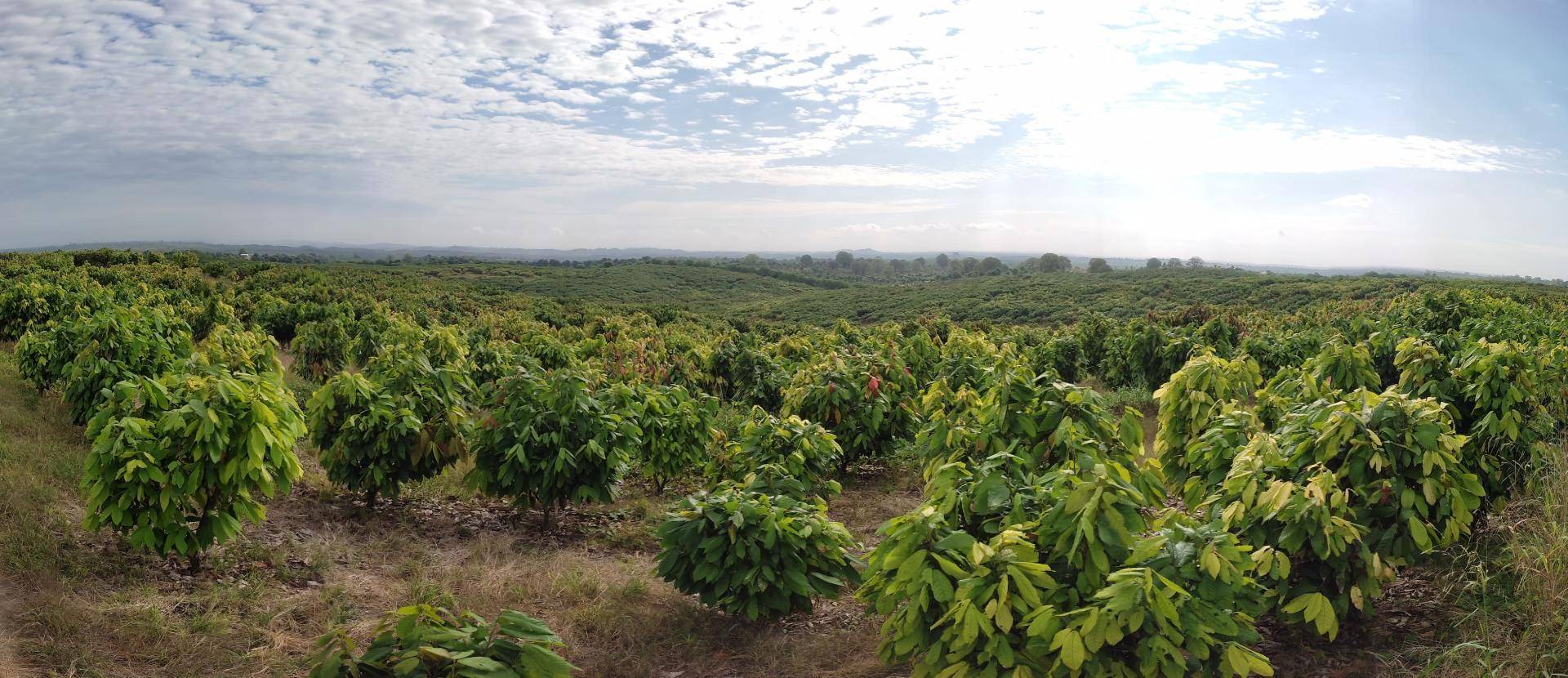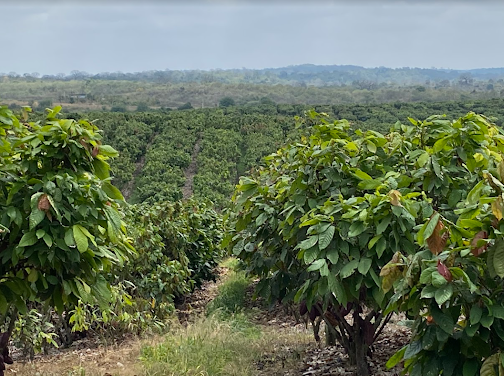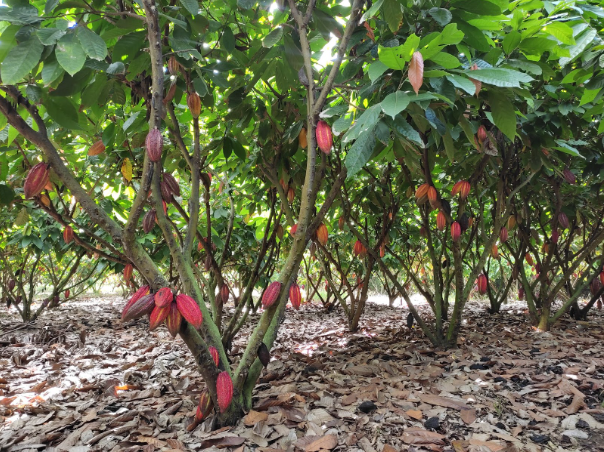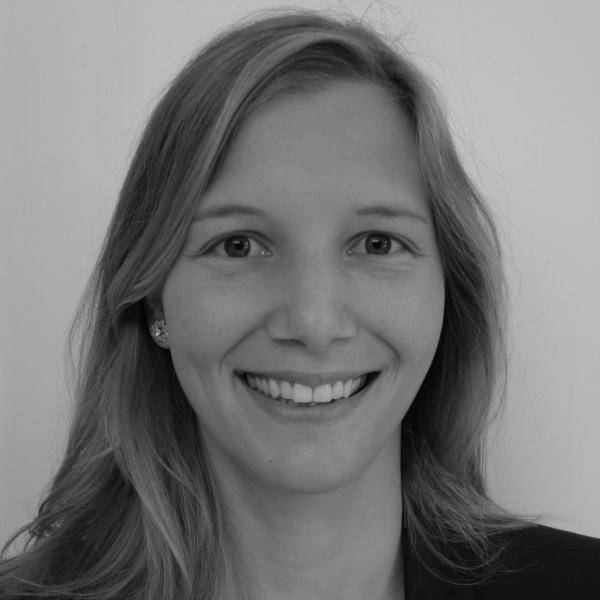Barry Callebaut establishes Farm of the Future to power cocoa farming research and innovation

Barry Callebaut establishes Farm of the Future to power cocoa farming research and innovation

The 640-hectare property is located in the Cerecita Valley in Ecuador. Barry Callebaut aims to establish the best cocoa farming practices that are climate-smart and enhance sustainability and farm profitability.
Technology and innovation are key to the future of food system evolution, providing opportunities for improving farmer productivity and resilience, combating climate change, and reducing the impact of agriculture on the environment.
At Barry Callebaut, Innovation and Sustainability have long been at the heart of our strategy. With a network of over 30 R&D centers, and more than 350 dedicated R&D colleagues, the farm is a natural extension of our research expertise to address the question: how can we support cocoa farmers to farm with the future in mind?
Our Farm of the Future aims to be a contributor to the global movement on food system innovation. The establishment of this hub is a valuable vehicle for providing new opportunities for sustainable cocoa farming, innovation, and research.

Integration of high-yielding and maximum flavor varieties in the planting design will support cross-learning between cocoa farms of all sizes, in different locations and climates from around the world.
The ideal testing and proving ground
The 640-hectare property is located in the Cerecita Valley, between Guayaquil, the country’s largest city, and the Pacific Ocean. Operations and infrastructure development will start immediately with the planting of cocoa seedlings on the farm’s 400 hectares of non-planted land. Integration of high-yielding and maximum flavor varieties in the planting design will also support cross-learning between cocoa farms of all sizes, in different locations and climates from around the world.
Next to cocoa bean variety, our agronomics research will also test resilient farming techniques, pre-and post-harvest processes, fermentation control, diversification of income, and improved cost control. Ultimately, we aim to establish the best cocoa farming practices that are climate-smart and enhance sustainability and farm profitability. Once the farm is fully operational, it aims to employ approximately 80 people from the local area.
With the opening of Farm of the Future, Barry Callebaut is further strengthening its cocoa farming research capabilities for the benefit of cocoa yield, sustainability, and quality.
Farm of the Future supporting Forever Chocolate
Farm of the Future is geared toward realizing our Forever Chocolate plan to make sustainable chocolate the norm by 2025. New findings from our farm of the future will further help support our research and will feed into our Farm Services program, reaching cocoa farmers of all origins in Barry Callebaut’s supply chain. This supports our goal to secure and improve farmers’ livelihoods by increasing the value of their cocoa through improved quality and higher yield.
